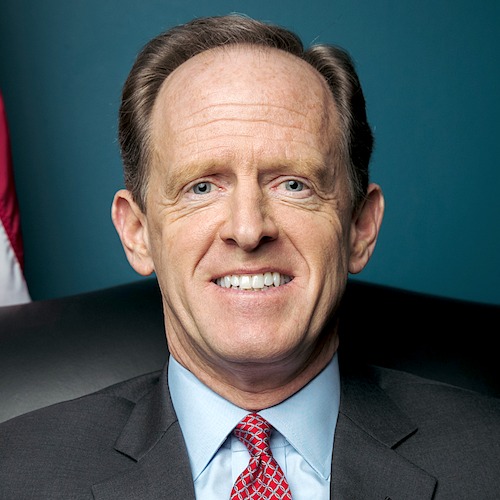
Individuals would be allowed to withdraw up to $2,000 per year from their retirement accounts, tax-free, to pay for long-term care insurance to fund long-term services and supports under a bill proposed by Sen. Patrick Toomey (R-PA).
“Today, some individuals can use their 401(k)s to buy life insurance. Similar treatment ought to be given to long-term care insurance,” he said during a recent hearing of the Senate Finance Committee Subcommittee on Health. Toomey chairs the subcommittee.
The bill is being circulated in draft form and is subject to change before formally being introduced in Congress. “I hope to gather additional feedback on this idea and to introduce formal legislation soon,” the senator said.
As written now, the legislation would amend the federal tax code to permit people to tap into their 401(k) and individual retirement accounts to pay long-term care policy premiums. The withdrawals would not be subject to income tax as long as they are used for long-term care insurance, and the maximum withdrawal amount would be indexed to the rate of inflation. Those younger than age 59 ½ years, who currently are penalized 10% for early withdrawals from their retirement plans, would not be penalized.
“The average American approaching retirement is not at all likely to have nearly enough cash savings to cover the average cost of a typical long-term care event such as the need for nursing home care or in-home care due to the onset of a chronic illness,” Toomey said. Long-term care insurance can help with expenses, but only 17% of adults own such policies, he added.
Meanwhile, the Internal Revenue Service recently announced increased limits for the tax deductibility of long-term care insurance premiums for 2020. They range from $430 for someone aged fewer than 40 years to $5,430 for someone aged more than 70 years. More information is posted on the American Association for Long-Term Care Insurance website.



